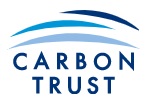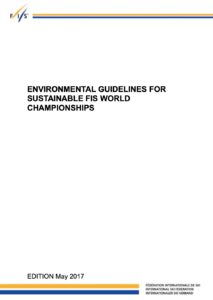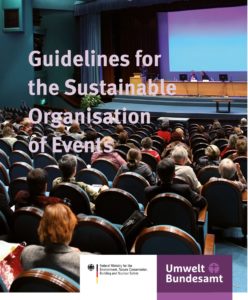
The Carbon Trust are an expert partner for businesses, governments and organisations around the world – supporting them in realising ambitious plans for a sustainable, low carbon future. They consider that environmental sustainability and economic prosperity can go hand-in-hand.
The Carbon Trust certified Envision Virgin Racing (Formula E Team) carbon neutral in August 2020.


Environmental guidelines for sustainable FIS World Championships
It is the intention of the FIS to have the competitions executed according to the current sporting rules under fair conditions for the athletes and with respect for the cultural and social achievements of the organising country. FIS considers these aspects to be integrated in the responsibility to take care of nature and the environment as an essential basis for the sustainability of ski sport.




AISTS Collected Insights from the Field of Sports – Football & Society
This book is the first of its kind from the International Academy of Sports Science and Technology (AISTS) and provides practical insight in several aspects of the management of football. It does not provide a total solution to the many problems within the game but it aims to be a showcase of what can be achieved with the cooperation of academics and higher education participants. The studies in this book are derived from relevant research papers that have been produced by the participants and visiting professors of the AISTS postgraduate programme, the AISTS MSA (Master of Advanced Studies in Sports Administration).





Sport Sustainability Introduction : Impact Assessment
This module is part of a 12 clips guide created by SportAccord, AISTS, PI, and IOC, to help us understand sustainability as a whole, and look at what it means. Impact Assessment. It covers why we measure the impact of an event, methods of measures used (quantitative and qaulitative). It details economic, social and environmental impacts, how to measure them amd communicate the results to stakeholders. (Video 5/12)
















Playing against the Clock: Global Sport, the Climate Emergency and the Case for Rapid Change
Climate change is touching every aspect of human life and global sport is no exception: in 2019, the Rugby World Cup was disrupted by unprecedented pacific typhoons; in early 2020, the Australian Tennis Open was disrupted by the smoke blowing in from the country's devastating bush fire. The Tokyo 2020 Olympics were forced to move long distance running events north of the capital as the city's sweltering summer weather nos makes them impossible tu run.
The following report is divided in three sections :
- Section 1 includes a review of the many ways in which climate change is already taking its toll on global sport
- Section 2 is dedicated to the measurement of global sport's carbon emission
- Section 3 shows the state of sport's environmental commitment


IIHF Manual for Sustainable events
This manual helps identify simple steps that make an ice hockey event more sustainable by presenting checklists, examples and links for the areas of transportation, waste and littering, energy, procurement, and access and social inclusion.




Healthy Stadia – Active Travel Guidance For Sports Stadia
This guidance aims to help people connected with sports club to be more physically active by encouraging them to adopt active modes of transport to and from their facilities. Sports clubs and their facilities have a lot to gain from encouraging active travel, including a healthier fan-base, a more active workforce who take less sick leave, through to less pressure on car parking spaces, improved air quality around your stadium and an enhanced social responsibility profile.



Sport Sustainability Introduction: ISO 20121 Management System
This module is part of a 12 clips guide created by SportAccord, AISTS, PI, and IOC, to help us understand sustainability as a whole, and look at what it means. Here you will learn about the ISO 20121 Management System is a way of working. It tells us what the standard is, describes how to create a sustainability policy and adapt the framework to your event and company values. It describes process of getting the certification. (Video 3/12)
















Guidelines for the Sustainable Organisation of Events (2018)
These Guidelines, published by the Federal (Germany) Ministry for the Environment, Nature Conservation, Building and Nuclear Safety (BMUB), aim to assist the organisers and planners of events (such as conferences, meetings, summits etc.) in recognising the necessary demands made by sustainability.








